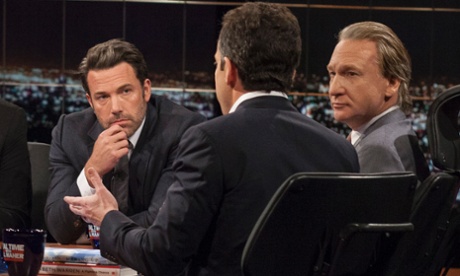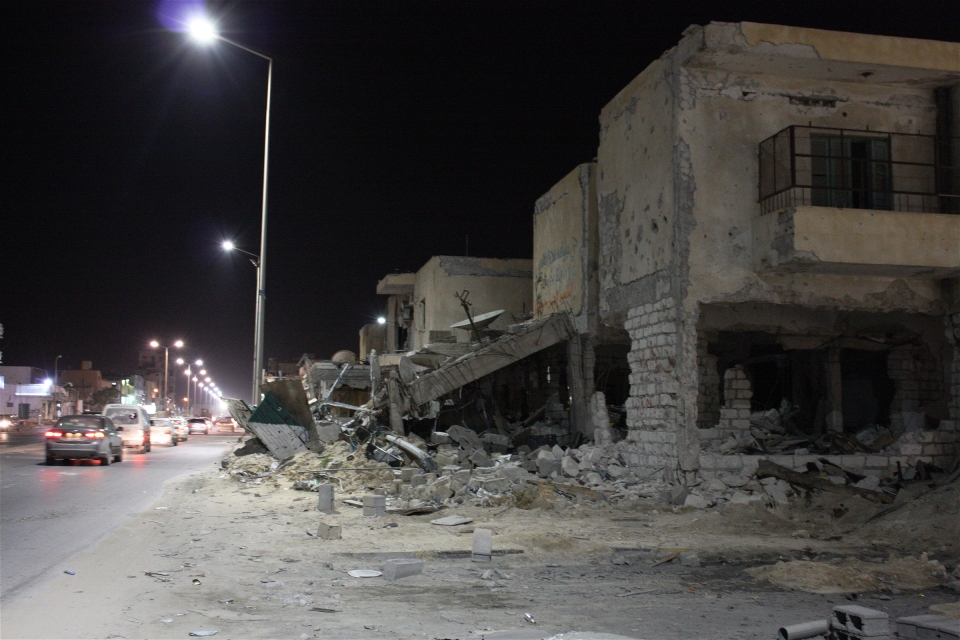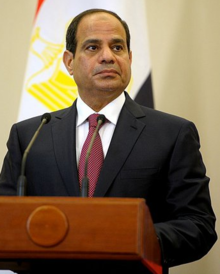
The Islamic State’s violent campaign for a caliphate has been portrayed in the media as another Islamic vendetta, in a long line of post September 11 global evaluations of Islam. One evaluation, which took place on Bill Maher and featured Ben Affleck, showed the two debating the religious views of Muslims and global culture. In the video, which has since gone viral, Bill Maher argues that while plenty of religions have a history of violence, Islam is distinct because “it will f***ing kill you if you say the wrong thing, draw the wrong picture, or write the wrong book.”
Ben Affleck’s response to Bill Maher’s claims has garnered praise from people of all religions. In addition to high instances of racial profiling, counter-terrorism policies, and other Islamic-oriented legislation, the Muslim community has had to endure and defend itself tirelessly since September 11. An academicstudy by Kinnaird College showed that when Muslims where covered by CNN or Fox News, the ‘war on terror’ was mentioned 42% of the time. Additionally, the study indicated that when covering stories concerning Muslims or Islam, the tone of the story was negative 84% of the time.
Al Jazeeraand many other critics have noticed that most generalizations and evaluations of Islam fail to distinguish the many different sects and interpretations of the religion. While religion has played a significant role in the destabilization of the Middle East, most news reports fail to acknowledge the role that poor government has played.
During the discussion, Maher made some valid points about Islam, specifically, the religion’s preoccupation with media censorship, especially concerning depictions of the Prophet Muhammad. Media should not be censored on the basis of disagreement, as that is the foundation of free speech. The censorship of the Prophet Muhammad has contributed to a gap in knowledge about Islam. This helps explain why its basic tenets are not usually covered in the media. In contrast, society is very well informed about the basic aspects of Christianity, thanks in part to the many depictions of Jesus Christ and his disciples.
The public’s perceptions are often skewed not just from Muslim censorship but also from the Western media’s forced narrative of “good” Christians and Christianity and “bad” Muslims and Islam. For example, many news sources reporting on ISIS have discussed the practice of forced conversion to Islam, and the subsequent execution and displacement of Christians in the region. However, very fewnews sources discuss the Muslim communities that have risked their lives providing sanctuary to Christian families. The shrine housing the remains of the son-in-law of the Prophet Muhammad has served to provide the basic housing needs for many Christians. Other shrines in multiple Iraqi cities have also been converted for this purpose, with hundreds of Christian families now housed in some of Islam’s holiest sites.
Political instability in the Middle East, and the threat of ISIS are worthy topics for discussion. However, these discussions must take care to avoid generalizations about Muslims and Islam.




